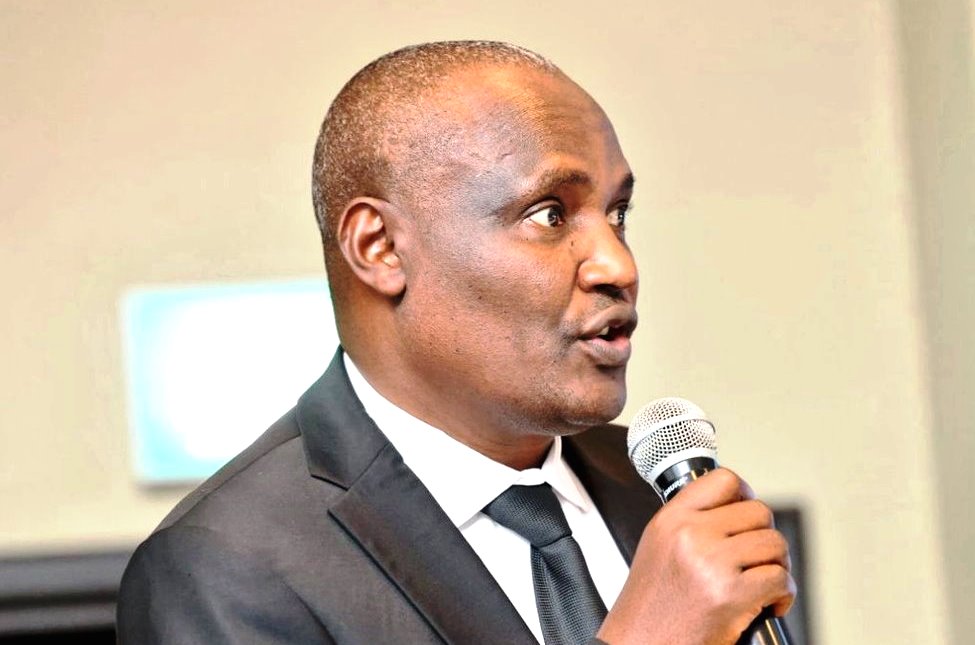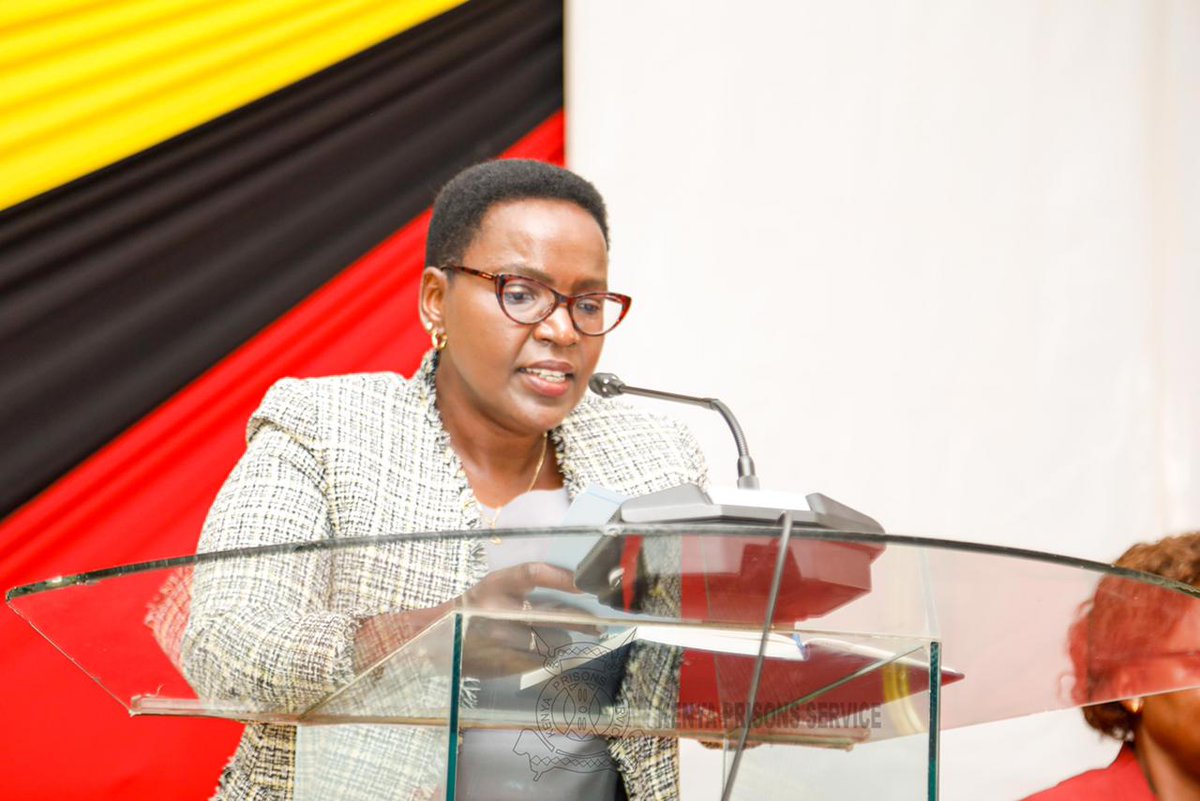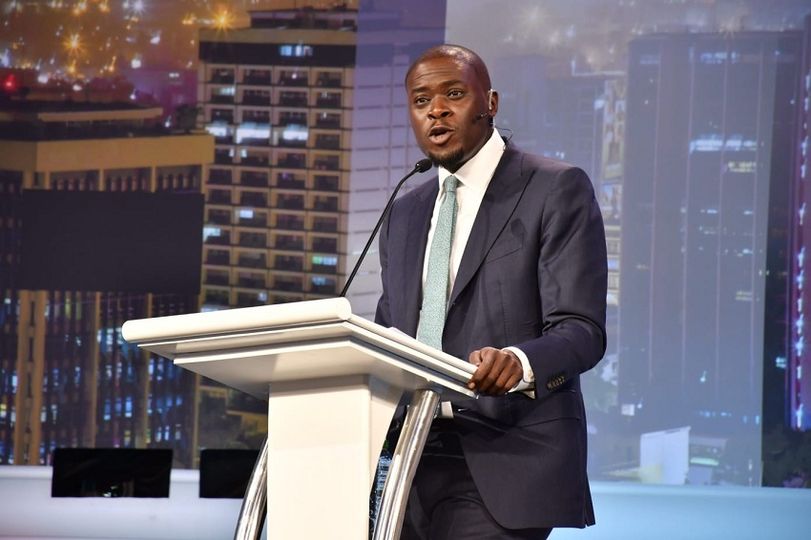Treasury Cabinet Secretary John Mbadi faced tough questioning on Monday as he defended the government’s decision to accept a Privately Initiated Proposal (PIP) from Adani Holdings Limited to develop and expand Jomo Kenyatta International Airport (JKIA).
Appearing before the Senate Roads, Transportation, and Housing Committee, Mbadi was asked whether due diligence was conducted on Adani Holdings, specifically to determine if the company had been barred from public-private partnerships by any country or international organization, whether it had been involved in corruption, was insolvent, or was tax compliant in all jurisdictions.
The grilling came after documents presented to the committee showed that Adani Holdings provided its own affidavit to prove tax compliance. Mbadi also admitted that the Treasury had relied on information from the World Bank’s website and only visited the company’s headquarters in India to verify compliance.
This admission sparked a heated debate, with committee members, including Chairperson Karungo Thang’wa (Kiambu), Edwin Sifuna (Nairobi), and Richard Onyonka (Kisii), accusing Mbadi of withholding crucial information about the controversial deal. The senators pointed out flaws in the process, particularly the role of the Public Private Partnership (PPP) committee housed within the National Treasury in approving the deal.
Senator Sifuna pressed Mbadi on whether the PPP committee’s decisions were subject to appeal and whether all JKIA employees would retain their jobs if Adani took over. “Mr. CS, you were supposed to confirm if this company is barred from conducting business globally or facing any legal proceedings. Did you do this? The documents provided show that they submitted their own affidavits. Also, what did Adani communicate to the employees?” Sifuna asked.
Before Mbadi could respond, Senator Onyonka interjected, accusing him of acting as a gatekeeper for undisclosed parties. “Mr. CS, what happened to you? Why are you playing the role of a gatekeeper? You cannot hide such a matter,” Onyonka stated. He also inquired whether other companies had expressed interest in the deal and if Treasury officials had visited India for a fact-finding mission.
As tensions escalated, Sifuna accused Mbadi of “heckling” instead of answering questions, saying, “Hon. CS, you’re actually heckling now. Mr. Chair, if the CS is tired of answering questions, he should tell us. We are not here to be friends; we want the truth.”
Thang’wa questioned why the government only checked compliance in India, despite the law requiring a global check on the company’s standing. He also expressed concern that Adani’s proposal was approved in just ten days in March, despite the expansion project being proposed a year earlier.
In his defence, Mbadi acknowledged that there were gaps in the PPP committee’s process but noted that further due diligence was halted by a High Court case. He explained that a team comprising the Kenya Airports Authority, the State Department of Transport, the State Law Office, and the PPP Directorate of the National Treasury was conducting a thorough investigation into Adani Airport Holdings Limited’s capacity to carry out the project.
Mbadi clarified that the preliminary due diligence included checking the World Bank’s website for compliance but emphasized that the PPP committee had set 22 conditions, including ensuring that JKIA employees are retained, before moving forward with the development stage. He stated, “I agree that there are gaps in the PPP committee process, and that is why 22 issues must be resolved before we can proceed.”
PPP Director-General Christopher Kirigua, who accompanied Mbadi, confirmed that the committee had approved the deal but clarified that it would not move to the development stage until all conditions were met, including tax compliance, feasibility studies, land acquisition, and aeronautical and non-aeronautical charges. All approvals, he stressed, were based on technical evaluations and recommendations submitted to the PPP committee.





